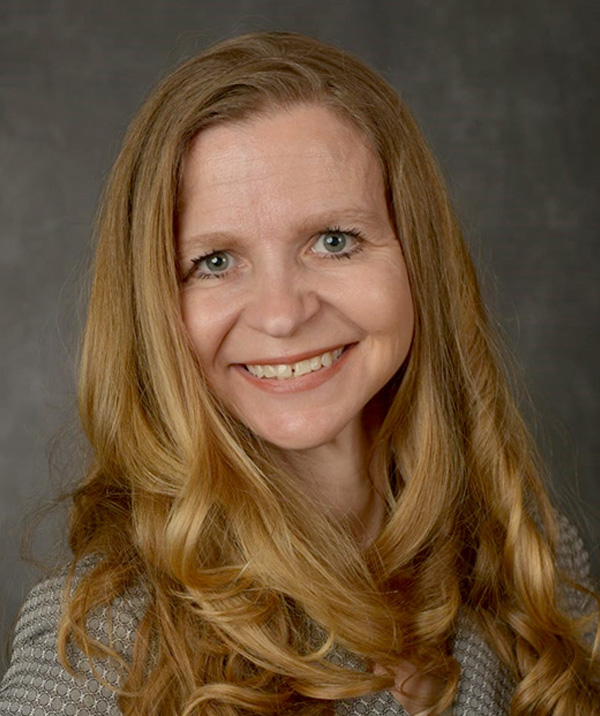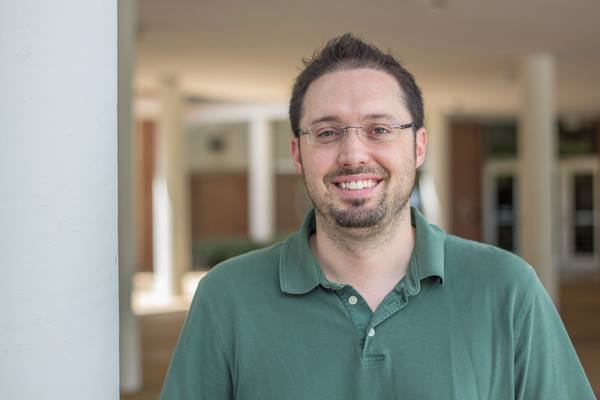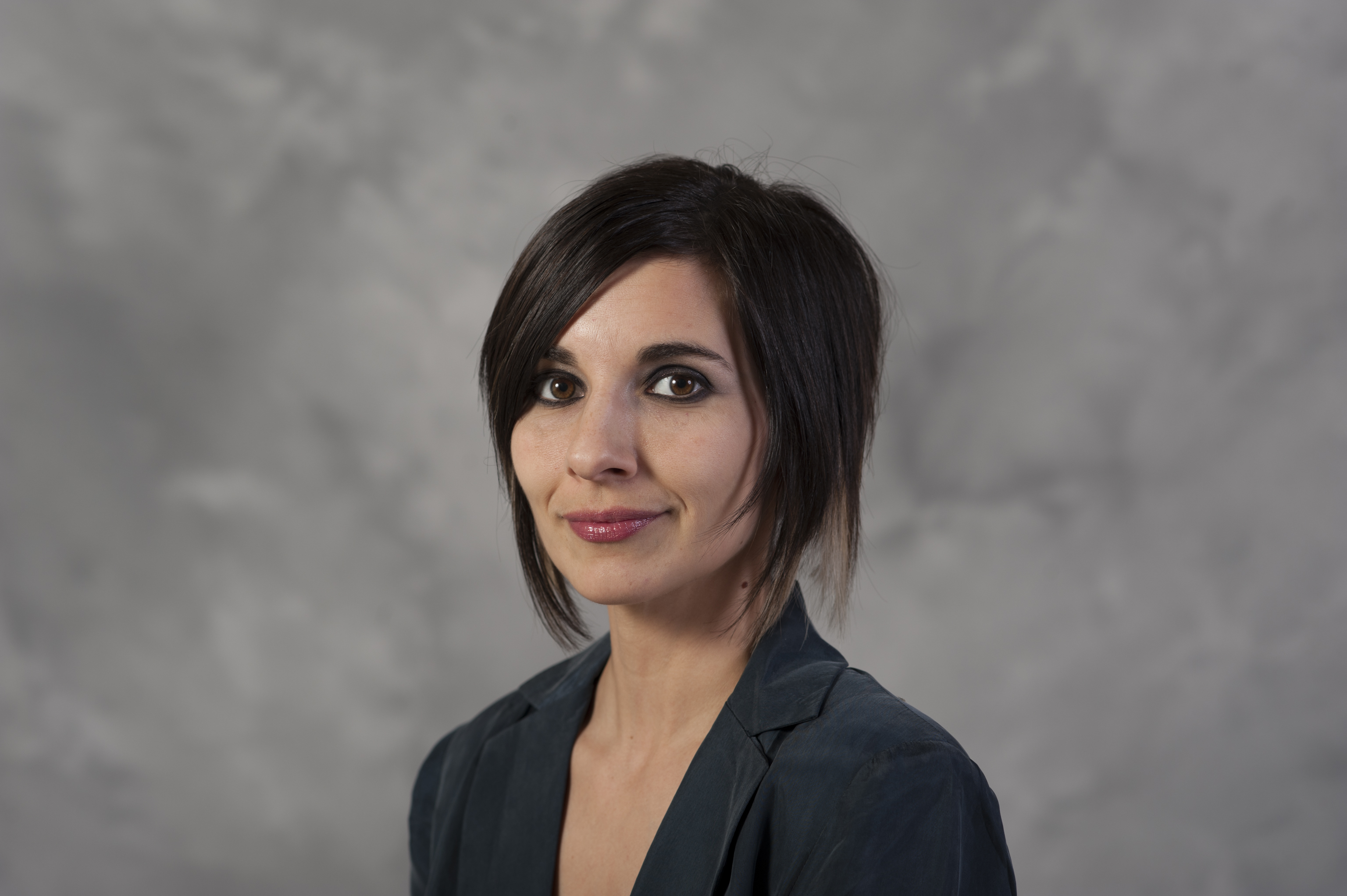Christine P. Ries is Professor in the School of Economics at Georgia Tech. She received a Ph.D. in International Business Economics from The University of Chicago (1977) and came to Georgia Tech as Professor and Chair (1997-99) of the School of Economics. She has previously held faculty positions at The Harvard Business School, The Fuqua School of Business at Duke, the Peter F. Drucker Graduate Management Center at Claremont, and at Stanford University. At Claremont she was Senior Associate at the Center for Politics and Economics. She is now a Senior Fellow at the Georgia Public Policy Foundation, Adjunct Scholar at Foundation for Education in Economics, Board of Policy Advisors Heartland Institute, Faculty Associate at Georgia Tech’s Program in Science Technology and Innovation Policy, faculty member of Georgia Tech’s Center for 21st Century Universities and a member of the Philadelphia Society and the selective Policy@Tech Campus Partners. Finally, she is member of the Georgia Tech Faculty Council on Big Data and Engineering and the Data Dominators Affinity Group.
Dr. Ries studies and teaches principles of free market economics and their application in corporate decision making and the creation of economic value for companies, states and countries. She is a specialist in international financial economics, corporate financial management, and organizational economics and governance. In this context, her work has extended into issues of Big Data as it affects corporate and industrial transformation and public policy and analysis. Her work ties together foreign exchange risk management, corporate decision-making, strategy and corporate value. This work has extended into value-based analytics in a global economy. She has addressed corporate political risk in assessing how corporate strategies predict and respond to shifts in government trade, commercial and capital controls policies. Her articles include publications in The Journal of International Business Studies, The Harvard Business Review, Euromoney, and The Financial Analysts’ Journal, among others. She is the author of over 20 widely used case studies that have been published by the Harvard Business School and reprinted elsewhere. She has served as consultant and advisor to many U.S. and foreign corporations, financial institutions, universities, and governments. These include IBM, Citicorp, Morgan Guarantee Trust, Chase Manhattan Bank, Barclays Bank, Lucky Goldstar Corp., and others.
For governments of states and foreign countries, especially in emerging market countries, she advises and consults on tax, regulation and capital control policies and their impacts on relative competitiveness success in attracting investment and business. Her books address the strategies and policies of international corporations, the politics and economics of emerging markets and the interface between corporate strategy and government policy. She has served on the Executive and Editorial Boards of The Academy of International Business and on the editorial boards and as referee of several major professional and academic journals.
She has experience on corporate boards of advisors and her experience on not-for-profit boards is extensive. She recently served as Trustee and Chair of Education Committee for The Atlanta International School and as Treasurer for The Care and Counseling Center of Georgia. Dr. Ries has delivered speeches and public lectures around the globe and is the recipient of several teaching awards. In additional to teaching courses in international finance, corporate financial policy and strategy, corporate/government interface, and markets and organizations she has created innovative courses including The Global Economy, Network Economics and Economic and Financial Modeling, and a capstone course for GT economics majors. The later required students to assess the internal economies of companies and their impact on the economy of the State of Georgia.
After being appointed to the Special Council for Tax Reform and Fairness for Georgians in 2010, Dr. Ries focused her expertise on the problem of tax structure and economic growth in Georgia. On the Council, she organized and promoted private sector teams from mining, manufacturing and agricultural industries to streamline and rationalize Georgia’s tax code describing sales tax exemptions for business. This code modernization was enacted into law in 2012 and dramatically increased code transparency and reduced the cost of compliance for businesses in Georgia. She has created a tax calculator game to facilitate much greater public understanding of tax policy dynamics and improve the quality of public discussion by providing accurate measures of the impact of various tax reform alternatives.
Active involvement in the economic health and competitive attractiveness of Georgia has led her to extend her long-standing interest and activities in children and K-12 education. She is an active proponent of a state charter school strategy that supports Georgia’s economic growth and facilitates the creation of an education-rich environment in the state. She is currently member GCA’s Academic Oversight and Finance Committees of the board of the Georgia Cyber Academy, a state-wide K-12 virtual school system with nearly 14,000 students. It is the largest public school in Georgia and the third largest K-12 Cyber Academy the U.S. She was recently a member of the board of the Georgia Charter Educational Foundation contributing to the governance and educational committees. Previously, she served as a Trustee of the Atlanta International School where she chaired the Education Committee and served on the Headmaster Evaluation and Support Committee and the Finance Committee. Within the university system she has longed worked on the use of computers and information technology in education, strategic planning, financial planning, endowment investment, academic standards and the integration into the curriculum of an international perspective. In the last year, she converted her class, The Global Economy, to a hybrid format mixing face-to-face and online learning and is engaged in offering increasing numbers of on-line courses. She is also an active speaker and conference contributor on the subject of on-line and hybrid learning.
Dr. Ries is a frequent speaker on radio and television on topics of economic and tax reform, education reform, government budgeting and spending, global economic issues, Big Data, Analytics and corporate investment and Georgia economic development.










